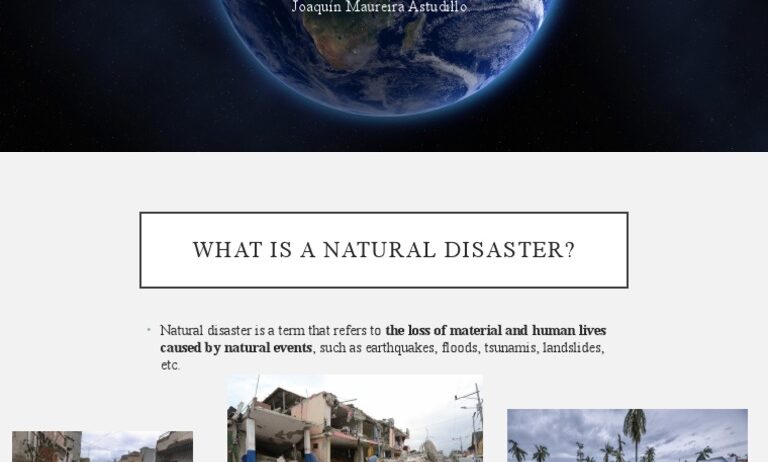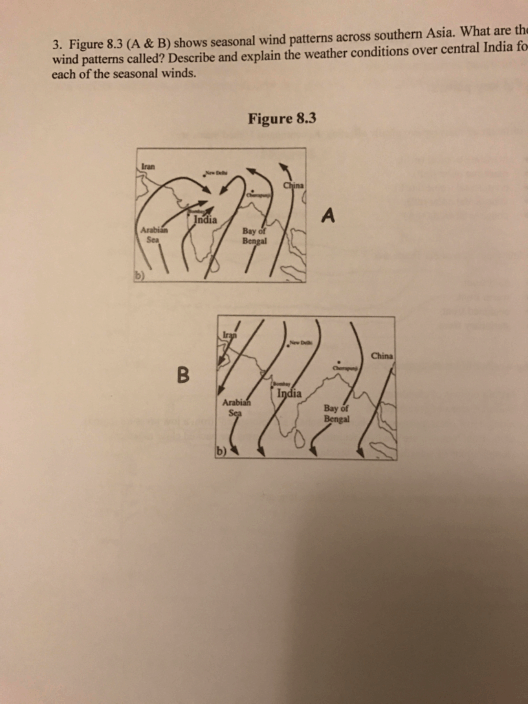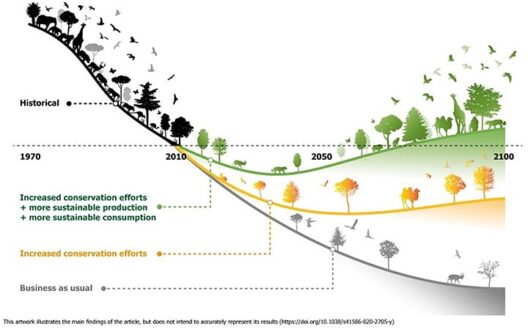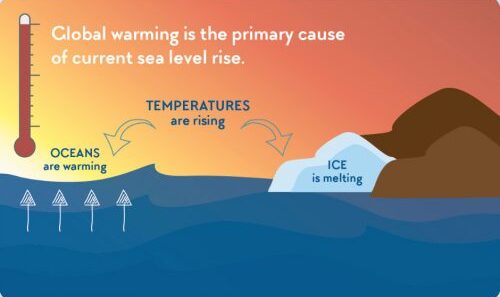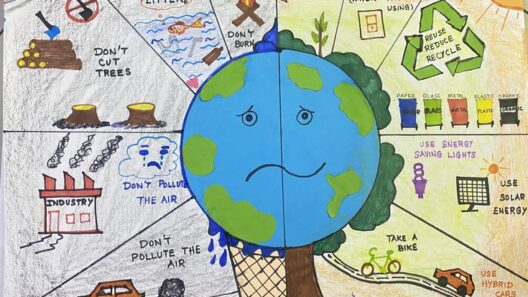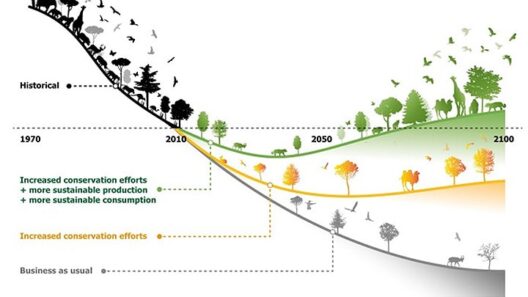Natural disasters have plagued humanity since time immemorial, but the question we must ponder is whether these catastrophes have intensified due to global warming. As we scrutinize the intersection of climate change and disaster frequency, we are met with compelling evidence that suggests a concerning escalation in severity. This exploration delves into the mechanisms of climatic change, its relationship with natural disasters, and ultimately challenges the reader: if the planet continues on this trajectory, just how catastrophic will our reality become?
The Earth’s climate is an intricate system comprised of numerous interrelated components. Global warming, primarily driven by the escalation of greenhouse gas emissions, has raised average temperatures, fueling drastic shifts in weather patterns. This warming is not merely a statistic; it manifests in tangible alterations in precipitation, storm intensity, and temperature anomalies. The concept of “climate feedback loops” further complicates this narrative. For instance, as polar ice melts, less sunlight is reflected back into space, exacerbating global warming and leading to even more severe climatic conditions. One might wonder, as temperatures continue to rise, what implications does this hold for our planet’s susceptibility to nature’s whims?
Hurricanes and tropical storms offer stark evidence of climate change’s impact on natural disasters. The National Oceanic and Atmospheric Administration (NOAA) has indicated that warmer ocean temperatures increase the energy available to storms, potentially intensifying hurricanes. This results in greater wind speeds, higher rainfall totals, and an increased likelihood of catastrophic flooding. Do we dare to humor the thought that these violent storms may soon become the norm rather than the exception? Each hurricane season brings new records, leaving communities grappling with the aftermath and raising questions about future preparedness.
Beyond hurricanes, droughts, floods, and heatwaves showcase the deleterious effects of global warming. The Intergovernmental Panel on Climate Change (IPCC) has provided a comprehensive analysis suggesting an exacerbation in drought frequency, with certain regions experiencing extreme water shortages while others face unprecedented flooding. This dichotomy speaks to the inequitably distributed consequences of climate change, one that poses unique challenges depending on geographic and socioeconomic contexts. It is a curious reality—how does one prepare for climate extremes when the very nature of those extremes is shifting?
Consider wildfires as an illustration of another disaster growing in ferocity and frequency. Variations in climate contribute not only to increased temperatures but also to prolonged drought periods which render vegetation more susceptible to combustion. What was once a seasonal occurrence is morphing into year-round wildfire threats, consuming vast swathes of land and releasing copious amounts of carbon dioxide back into the atmosphere. The cyclical nature of this issue raises crucial contemplations: as we confront these environmental blazes, can we simultaneously combat the very conditions that ignite them?
The economic ramifications of increasingly severe natural disasters cannot be overstated. Infrastructure damage, loss of property, and public health crises all arise from these catastrophic events. Governmental budgets, already strained, are put under further scrutiny as they allocate resources for disaster relief and recovery efforts. As communities rebuild, they are often forced to confront the reality that this cycle of destruction may recur, leading to an existential question: is investment in resilience a feasible path forward, or a futile exercise against an increasingly temperamental climate?
In addition to immediate concerns, the social fabric of communities is imperiled by climate-induced disasters. Populations displaced by floods, fires, or hurricanes face not only loss of property but also psychological tolls. The term “climate refugees” is increasingly entering the lexicon, encapsulating the reality that some may be forced to leave their homes forever. As we engage with these outcomes, one must contemplate the ethical implications surrounding responsibility and reparations. Should wealthier nations, arguably the most significant contributors to greenhouse gas emissions, bear the brunt of aiding those disproportionately impacted by climate change?
The migration of people and capital owing to natural disasters also fosters tensions. As resources dwindle in certain regions, disputes can arise, further complicating the humanitarian vastness of the climate narrative. Could the future truly witness conflicts birthed from environmental strife? As we confront the prospect of shifting boundaries and political landscapes shaped by climate reality, it becomes disconcertingly clear that severe disasters are not isolated occurrences—they are indicative of a broader dilemma.
The synergy between global warming and natural disasters presents a multifaceted challenge, one that requires comprehensive solutions. Mitigation efforts focused on reducing greenhouse gas emissions, alongside adaptive strategies that bolster community resilience, offer a pathway forward. However, they necessitate collaborative global action—a daunting task considering varying national priorities and economic realities. How can a world disparate in fortune and capability unite against a common enemy that knows no borders?
In summation, natural disasters are not merely an unfortunate aspect of life; their increasing severity serves as a clarion call for immediate action against global warming. The evidence is mounting, laying bare the intricate connections between climate change and catastrophic events. As we navigate this perilous landscape, a pivotal challenge emerges: are we willing to confront the reality that our future may be fraught with even greater natural upheavals, and if so, how can we collectively adapt to mitigate the looming threats of our changing climate? The choice remains in our hands as stewards of this planet.



